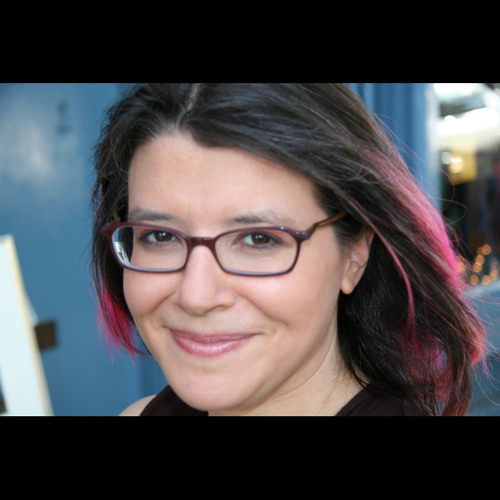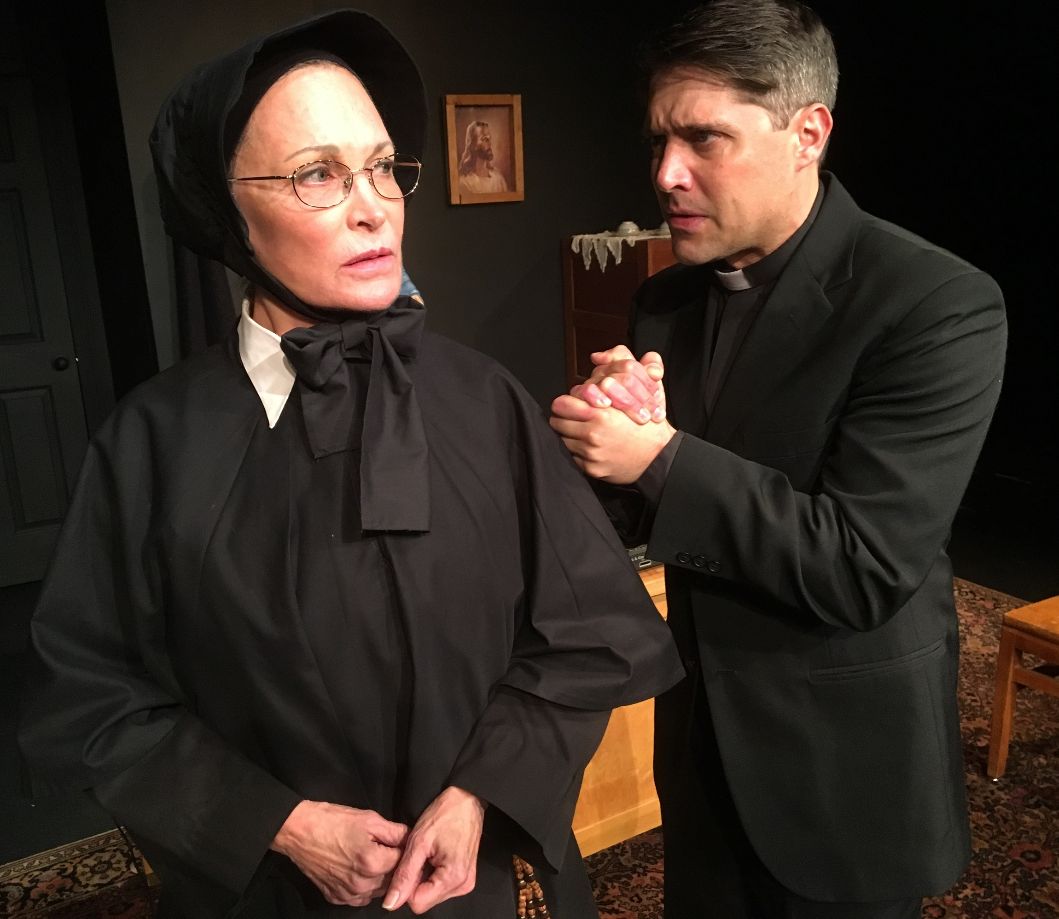

The gentleness does not deny or confirm since either of these is beyond the scope of the text. In addition to these broad sketches of schools of thought, Hecht provides us with an ample amount of historical connection both of supporters and detractors. Hecht does take some liberties (such as suggesting that when Descartes said Cogito Ergo Sum he meant Dubito Ergo Sum), but overall she gently depicts both believers and unbelievers.

More complete abstractions would serve only to convolute the narrative. She could easily drift into complicated abstractions but surveys the material, giving us only what we need to follow thoughts and their permutations through history. The cumulative tale is rendered with an accurate but accessible language. To further the difficulty of the task, she takes a broad focus on both Europe and Asia. She proposes a difficult goal for herself in that she seeks to follow a mercurial thought which has relatively few declarations in recorded history. Hecht provides a vast frame of reference for our travel through history. Mostly, we are shown those thinkers who suggest the world may not be as they were told. Hecht’s interest is specifically not on the outright denial of religion but this particular line of thought. To act in this way was to preserve society not merely to act with cynicism (I mean this in the popular sense, not to hearken back to Diogenes, the founder of Cynicism, living in his jar). This knowledge (or more accurately, lack of knowledge) was to be kept for the elite in wisdom or power.

Often its proponents suggest religion should be permitted to the common people because they can not accept the uncertainty, the possibility, that there is no justice in the universe, and no life but this one. Doubt co-exists with the religious impulse that recognizes that religion plays an important civic and cultural function.ĭoubt’s negative side is its aristocratic nature. Certainly, there have been fanatics in rejecting faith but this phenomenon is relatively modern. We are reminded that for most of history, doubt has been a moderating factor, allowing for a more cosmopolitan atmosphere. Thomas Jefferson and Thomas Paine both rejected those rigid beliefs of creationism and miracles with varying degrees of violence. Especially when Hecht reminds us that doubt played an instrumental role in the formation of Western culture and American society.

Doubt: A History acts as a salve for those of us still burnt by the so-called moral values swing vote of the last presidential election.


 0 kommentar(er)
0 kommentar(er)
